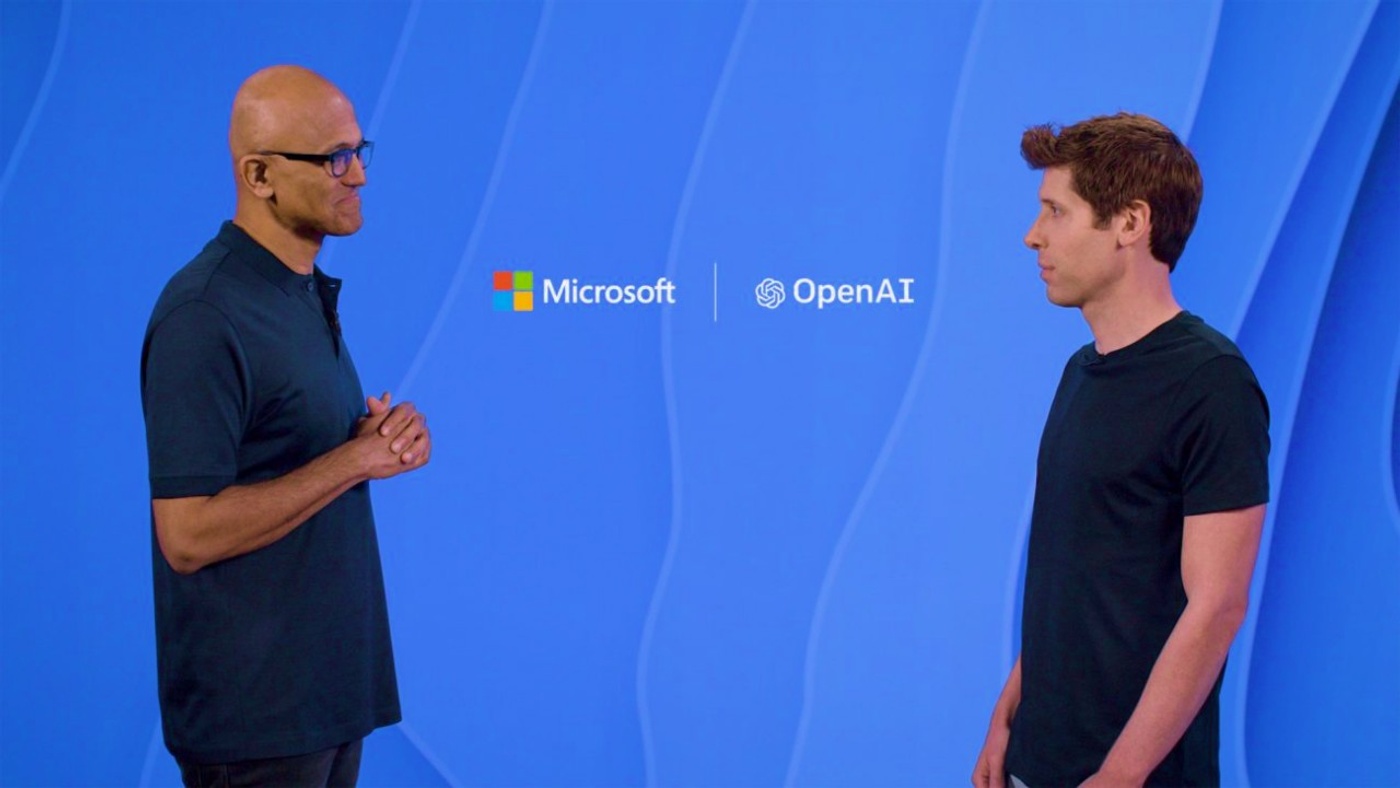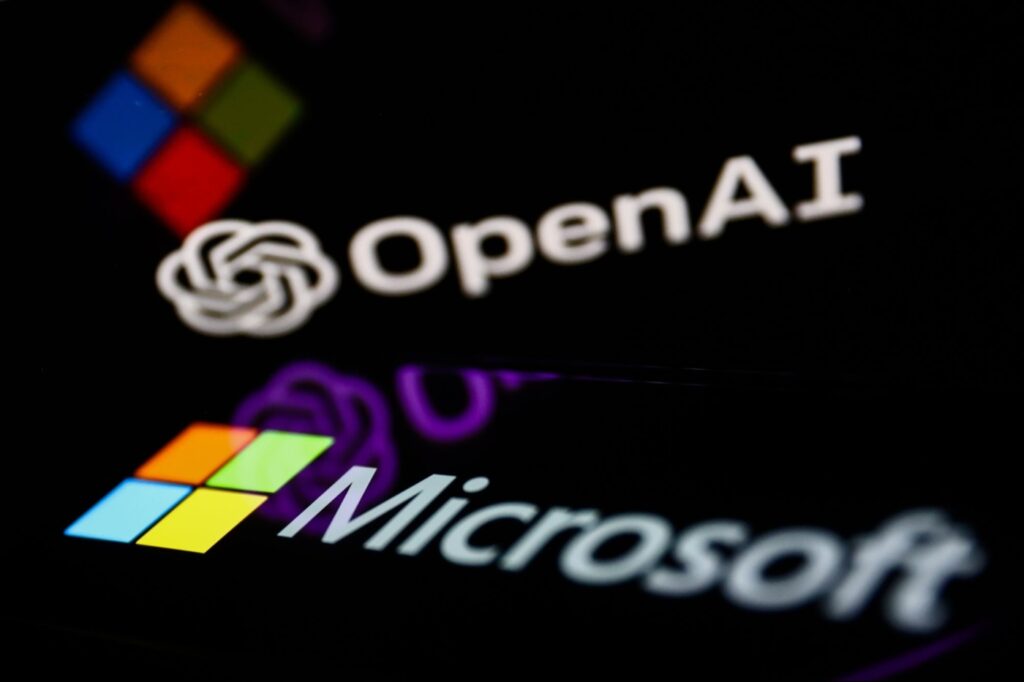Microsoft, one of the world’s largest software companies, continues to make significant investments in artificial intelligence technologies. Despite having established a strategic partnership with the widely recognized AI leader OpenAI, it recently described OpenAI as a ‘competitor’ in a filing to the U.S. Securities and Exchange Commission (SEC). This classification was presented alongside a list that also includes other competitors like Anthropic, Amazon, and Meta.
Could This Be a Measure Against Monopoly Allegations?

This classification provides significant clues about how Microsoft views its relationship with OpenAI. Microsoft’s strategy can be seen as a precaution to evade monopoly investigations by the Federal Trade Commission (FTC) on tech giants regarding artificial intelligence and cloud technologies. The FTC evaluates the market impacts and potential monopoly risks of such major partnerships. By portraying OpenAI as a ‘competitor’, Microsoft might be trying to lessen the competitive impact of their collaboration in the market.
However, in the technology sector, the concepts of ‘partnership’ and ‘competition’ often overlap. For instance, the two giants of the smartphone market, Samsung and Apple, are both major competitors and partners in many areas. Similarly, the dynamic between Microsoft and OpenAI can be shaped to continue allowing both companies to innovate in technology.
Ultimately, Microsoft’s designation of OpenAI as a ‘competitor’ might be a strategic step not only to evade legal and regulatory obligations but also to promote a healthy competitive environment in the technology and artificial intelligence markets. This situation will be crucial in how it is assessed by the FTC and SEC in the future and could have significant effects on the future of the technology sector.


